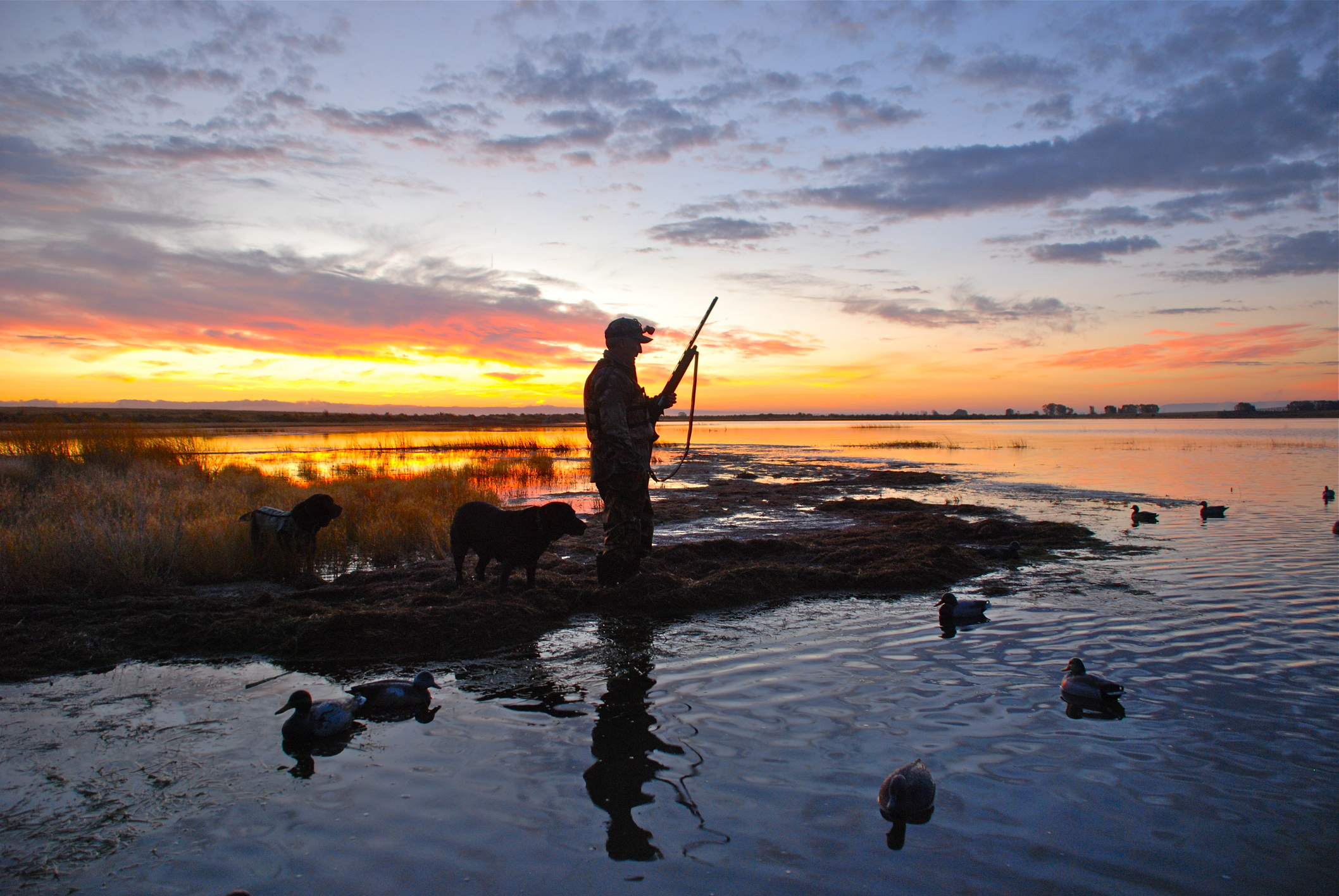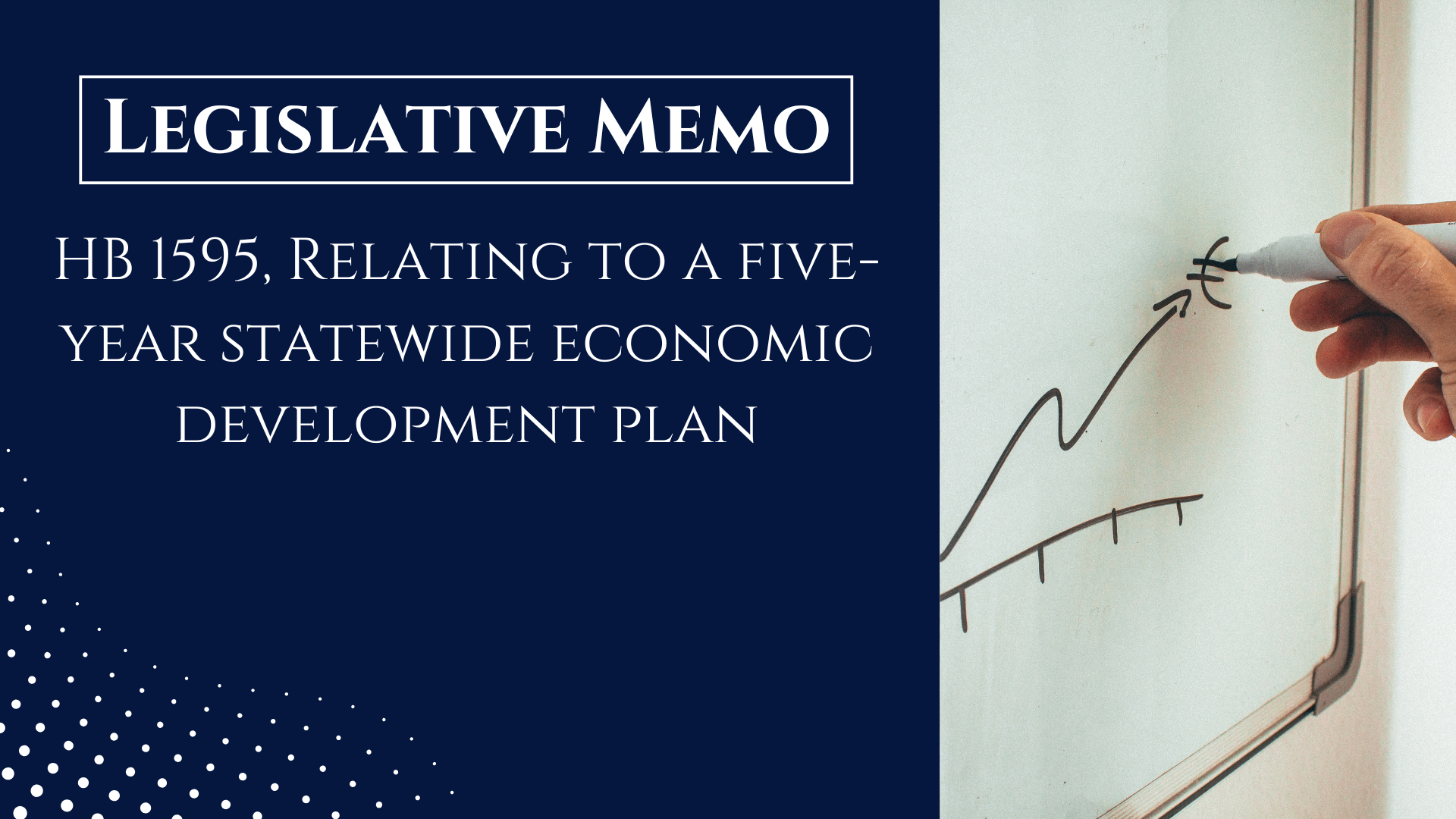“I hope you come to understand that hunting has an important role in Wildlife conservation and will seek to undo the damage to hunting and our valuable Washington wildlife.” That is the final sentence of the letter Master Hunter John Wallace sent to Governor Jay Inslee resigning his position with the Washington State Department of Fish and Wildlife (WDFW). Noting that the governor has appointed several anti-hunting activists to the state Wildlife Commission, he said that he could no longer effectively promote hunting and the wildlife conservation that is paid for primarily by fees on hunters.
I spoke with Wallace about the important role hunters play in wildlife conservation and what those who oppose hunting (and even some hunters) don’t know.
“If you like to see wildlife, thank a hunter,” Wallace says. Fees paid by hunters account for nearly half of WDFW’s budget and the funding supports a wide variety of activities. “These activities help more than just the species prized by hunters,” Wallace noted, adding, “Having solid balanced habitat means all of the wildlife in that area are going to thrive. It protects not only the species we like to hunt, but it protects those other animals we don’t hunt.”
That work includes both funding from hunters as well as volunteer activities.
The most notable funding source is the federal Pittman-Robertson Wildlife Restoration Act, which charges an excise tax on the sale of firearms, ammunition, and archery equipment. That funding is distributed among the states. In 2022, Washington state received more than $21 million for wildlife restoration and hunter education – a record amount.
Far from opposing these taxes, hunting groups supported them, understanding the value of wildlife habitat for the future of hunting. Wallace says that hunters should be proud of these contributions and should let non-hunters know how much they are doing.
“We have to speak to non-hunters in a non-aggressive manner while listening to what they have to say,” he says. “They are coming from a place of thinking that hunting is bad because they really love wildlife. It is important that we address their concerns. Just the fact that not a single legally hunted species has gone extinct wakes people up.”
Wallace says that the governor is putting the good work of hunters and the funding they provide at risk by appointing anti-hunting activists to the state Fish and Wildlife Commission. He argues the governor is in violation of state law which says that, “the governor shall seek to maintain a balance reflecting all aspects of fish and wildlife, including representation recommended by organized groups representing sportfishers, commercial fishers, hunters, private landowners, and environmentalists.” He is partnering with a group called Washingtonians for Wildlife Conservation to sue the governor and return balance to the commission.
“One of the favorite parts is being able to teach conservation,” he told me. “I can’t honestly teach children how hunting and conservation work together if the rug is being pulled out from us by the governor.”
While Wallace says he will miss the work he did as a Master Hunter, he will find other ways to promote the value of hunting and conservation.
“Being out in the woods, whether I am scouting or foraging is the most relaxation I get in life,” he says. “When I am out in the woods, I am so comfortable, I am so excited and calm at the same time. To see wildlife in their natural habitat is a part of my life I value as much as any other.”




